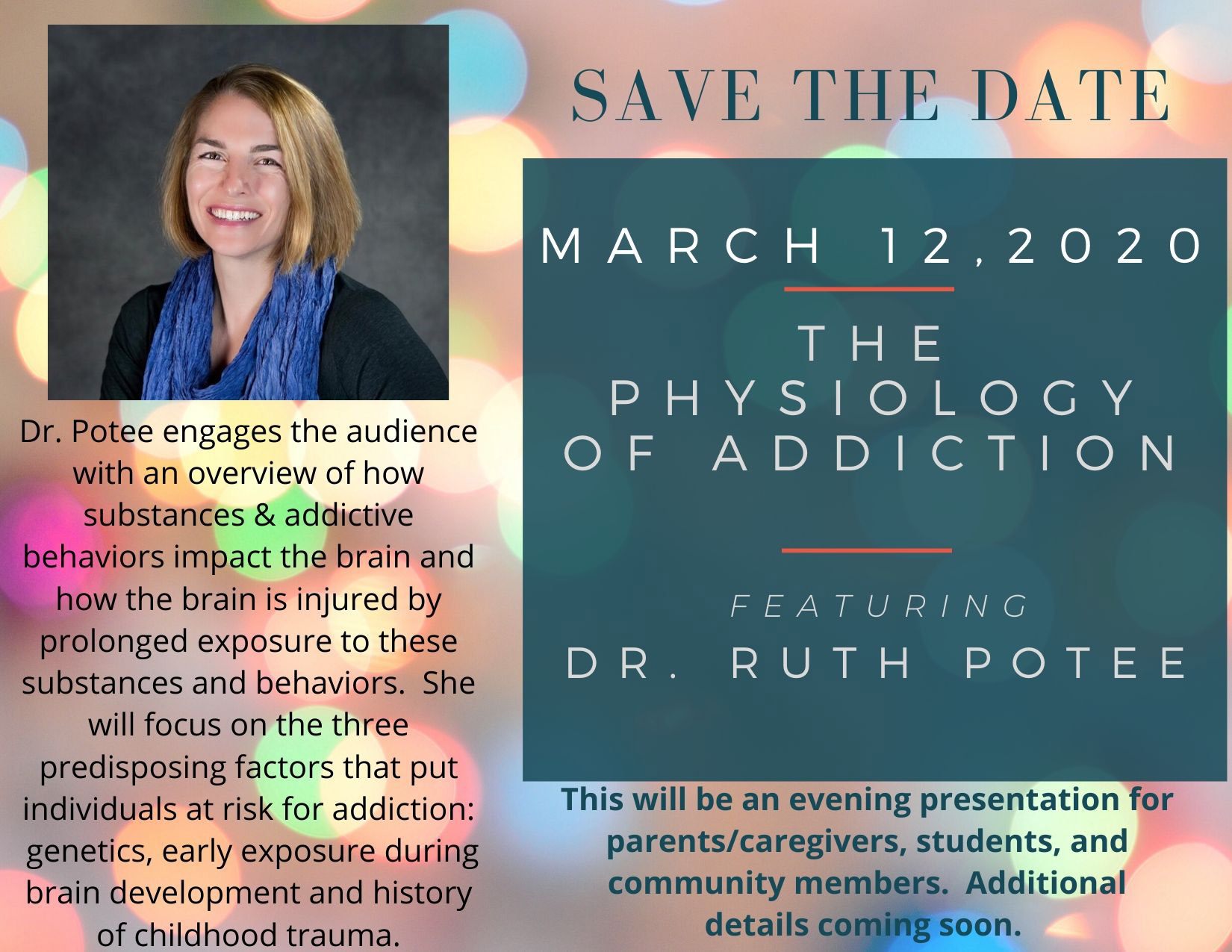Over the past decade, the number of teenagers in the United States reporting stress, anxiety, and depressive symptoms has increased. Technology—while not the sole contributor to this upswing—has received significant attention by researchers and health professionals in order to better understand the intersection between screen time, social media, and teen mental health.
The Ashland Public Schools, Ashland Special Education Parent Advisory Council (ASHPAC), the town of Ashland, and Decisions at Every Turn (DAET) launched this year’s POWER (Prevention Outreach While Encouraging Resilience) program series on Dec. 5 with the film Screenagers NEXT CHAPTER: Uncovering Skills for Stress Resilience. Produced by pediatrician and filmmaker Dr. Delaney Ruston, Screenagers examines the science behind teens’ emotional challenges, the interplay of social media, and what can be done in schools and homes to help them build crucial skills to navigate stress, anxiety, and depression in our digital age. The film was followed by a panel discussion with local health and wellness experts and Ashland high school students.
The film looked closely at teen stress, anxiety and depression; how sleep and brain development impact mental well-being; the influence of social media on teen health; and how adults can support youth.
What We Learned
Typical brain development during adolescence is characterized by intense feelings of highs and lows, but screen time may amplify emotions or interfere with emotional regulation. Sleep can be one of the most effective strategies for positive mental wellness. The American Academy of Sleep Medicine has recommended that children aged 6-12 years should get 9-12 hours of sleep and teens 13-18 should get 8-10 hours a night. There is a correlation between spending more time on screens (particularly social media and using technology before bed) and stress, anxiety, and depression. While screens can provide support and connection to good friends, usage can also evoke negative emotions, such as comparing oneself to others, fear or disapproval, or fear of missing out.
To provide support:
Validate your teen’s feelings
Provide support by taking a step back and encouraging your teen to problem solve
Ask your teen about how best to offer them support
Encourage your teen to talk about their feelings
Teach and model coping skills
Have a technology/screen time family agreement
The film was followed by a panel discussion and a sharing of resources available in Ashland. Panelists included Ashland High School (AHS) Adjustment Counselor Jennifer Pavia-Shiels; Director of Human Services Jennifer Wuelfing; AHS students Johany Jeune and Josandy Jeune; and pediatrician Dr. Mary Ellen Dugan.
Discussion Highlights
Dr. Dugan recommended several different strategies to support teen’s mental health, including setting screen limits, being together in the same room and having family conversations, listening to what your teen is saying/feeling, and seeking outside support when necessary.
Pavia-Shiels shared that teen stress, anxiety, depression, health management, and coping strategies are addressed in Health & Wellness classes.
Wuelfing added that families can access supportive resources by contacting the Human Services Department, [email protected], 508-532-7942.
AHS students Johany and Josandy Jeune recommended that identifying a caring adult at school can be beneficial for students who need support or advice and that the School Counseling Seminars have been helpful with academic planning.
For additional resources, visit “Screenagers Resource Materials” and “Ashland Human Services Resource List” on www.ashlanddecisions.org/resources/parents. The next POWER program, The Physiology of Addiction, will be held on Thursday, March 12, 2020.

